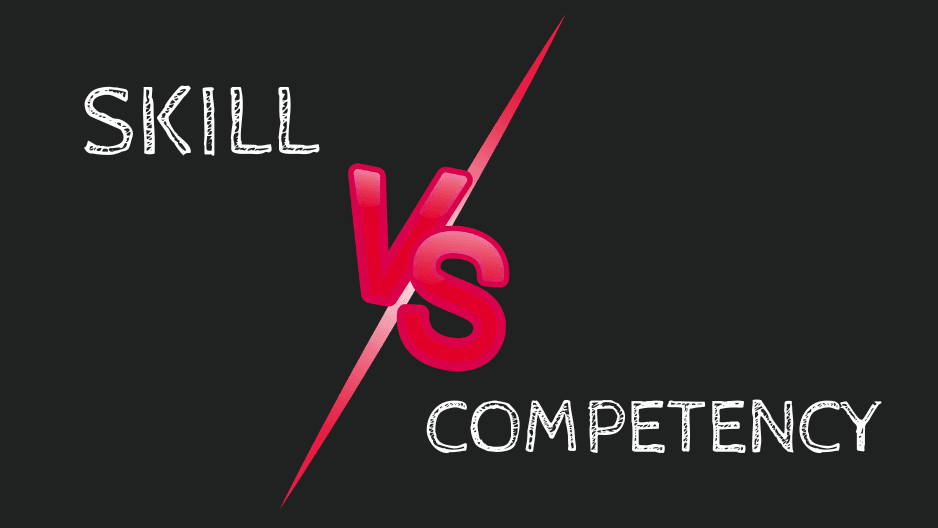In an era where environmental concerns and social equity are at the forefront of global discourse, businesses are re-evaluating their strategies and operations to align with these critical values.
This shift is not merely a trend but a fundamental change in how companies view their role in society. As a leading international school in Mumbai, we recognize the importance of preparing our students to be the catalysts of this transformation.
Our focus extends beyond the theoretical understanding of these concepts. We aim to instill in our students, the future business leaders, a profound sense of responsibility and the skills necessary to drive sustainable and ethical practices in their professional endeavors.
This blog post will explore the evolving landscape of CSR and sustainability in business, highlighting the challenges, opportunities, and influential role that business students can play in fostering responsible corporate practices.
Join us at the best international school in Mumbai, on this enlightening journey as we dissect how the principles of CSR and sustainability are becoming integral to the business ethos and how our students are being equipped to lead this change.
The Evolution of CSR from Optional to Essential
There was a time when CSR was perceived as a peripheral activity, a voluntary gesture by companies to contribute to social causes. This era viewed CSR and sustainability as a discretionary choice for corporate image rather than as a business responsibility.
However, this perspective has undergone a revolutionary change over the years. Today, CSR is not just a choice but a critical component of a business's operational ethos.
This shift from 'optional' to 'essential' is driven by a growing recognition of the interconnectedness between business success and societal well-being.
Stakeholders, including consumers, employees, and investors, are increasingly holding companies accountable for their social and environmental impacts. This accountability calls for a proactive approach towards sustainable practices.
Moreover, the integration of CSR into core business strategies is proving to be beneficial not just for society, but for the businesses themselves. Companies embracing CSR and sustainability are witnessing enhanced brand reputation and increased customer loyalty.
In many cases, they also get a more motivated and engaged workforce. This evolution signifies a broader understanding that long-term business success is deeply linked to sustainable and responsible corporate practices.
The Rise of Green Business: Understanding Sustainability in Today's Corporate World
The concept of 'green business' has gained unprecedented momentum in recent years, revolutionizing the way companies operate. At its core, green business is an approach that focuses on minimizing environmental impact while maximizing resource efficiency.
This shift towards sustainability is not just an ethical choice but a strategic one, as businesses realize its long-term benefits. Companies now recognise that their environmental footprint directly influences their brand image, customer loyalty, and market position.
Contemporary enterprises are increasingly incorporating sustainable practices in their operations, from utilizing renewable energy sources to adopting waste reduction techniques.
This transition is driven by a growing awareness of environmental issues and the realization that sustainable business practices are crucial for long-term profitability and risk management.
Furthermore, the rise of green business is reshaping consumer behavior. Consumers are more informed and conscious about the environmental impact of their purchases.
This consumer shift is a powerful driver for businesses to adopt greener practices. It leads them to favor companies with strong sustainability credentials.
The Role of Business Students in Promoting Sustainable and Ethical Practices
Business students, especially those from the best international school in Mumbai, play a pivotal role in shaping the future of sustainable and ethical business practices.
Educational Foundation
Business students receive an education that emphasizes the importance of corporate social responsibility and sustainability. This foundation equips them with the knowledge and skills to implement these concepts in real-world scenarios.
Innovation and Creativity
These students are often at the forefront of innovation, developing new, sustainable business models and practices that prioritize environmental stewardship and social responsibility.
Leadership in Sustainability
By becoming future leaders, business students can influence organizations to adopt sustainable practices, making corporate social responsibility a core part of business strategy.
Advocacy and Awareness
Students can act as advocates for sustainability, raising awareness about environmental issues and the importance of ethical business practices both within their institutions and in the broader community.
Research and Development
Engaging in research projects or internships focused on sustainability helps students contribute to the development of new technologies and strategies that can make businesses more environmentally friendly and socially responsible.
Networking for Change
By forming networks with like-minded professionals and organizations, students can promote a culture of corporate social responsibility and sustainability in the business world.
Ethical Decision-Making
Business students are trained to make decisions not just based on financial outcomes but also considering ethical implications, leading to more socially responsible and sustainable business choices.
Challenges and Opportunities in Implementing CSR Initiatives
While the path to implementing effective CSR initiatives is fraught with challenges, it also presents numerous opportunities for organizations to innovate, enhance their brand, engage employees, and contribute positively to society and the environment.
Challenges:
- Financial Constraints: Initial investment and ongoing costs can be significant, especially for smaller companies, making it challenging to allocate resources for CSR initiatives.
- Measuring Impact: Quantifying the social and environmental impact of CSR activities is complex, leading to difficulties in demonstrating tangible benefits to stakeholders.
- Balancing Stakeholder Interests: Aligning CSR initiatives with the interests of various stakeholders (investors, customers, employees, etc.) can be challenging, as different groups have different expectations.
- Regulatory Compliance: Navigating the ever-changing legal landscape related to environmental and social governance can be complex and resource-intensive in businesses.
- Cultural Barriers: Implementing global CSR standards in different cultural contexts requires sensitivity and adaptability, which can be challenging for multinational corporations.
Opportunities:
- Brand Enhancement: Effective CSR initiatives can significantly improve a company's brand reputation and customer loyalty.
- Innovation: CSR challenges can drive innovation, leading to the development of new, sustainable products and services.
- Employee Engagement: Employees often feel more engaged and motivated when working for socially responsible companies.
- Long-Term Savings: Sustainable practices, though initially costly, can lead to long-term cost savings (e.g., energy efficiency).
- Market Opportunities: There is a growing market for sustainable and ethical products, offering new business opportunities.
- Partnerships and Collaboration: CSR initiatives open avenues for collaborations with NGOs, governments, and other organizations, enhancing impact and reach.
Conclusion
In conclusion, the journey through the realms of Corporate Social Responsibility and Sustainability highlights their undeniable importance in today's business world. As we've explored, these are not mere trends but essential components for the future of business.
At Aditya Birla World Academy, the best international school in Mumbai, we take pride in preparing our students to be at the forefront of this change, equipped with the knowledge and ethical grounding to drive responsible corporate practices.
The role of business students in this evolution is crucial. They are the harbingers of a sustainable and socially responsible business landscape. Embracing CSR and sustainability is a pathway to a more equitable and environmentally conscious future.





















































































































































































































